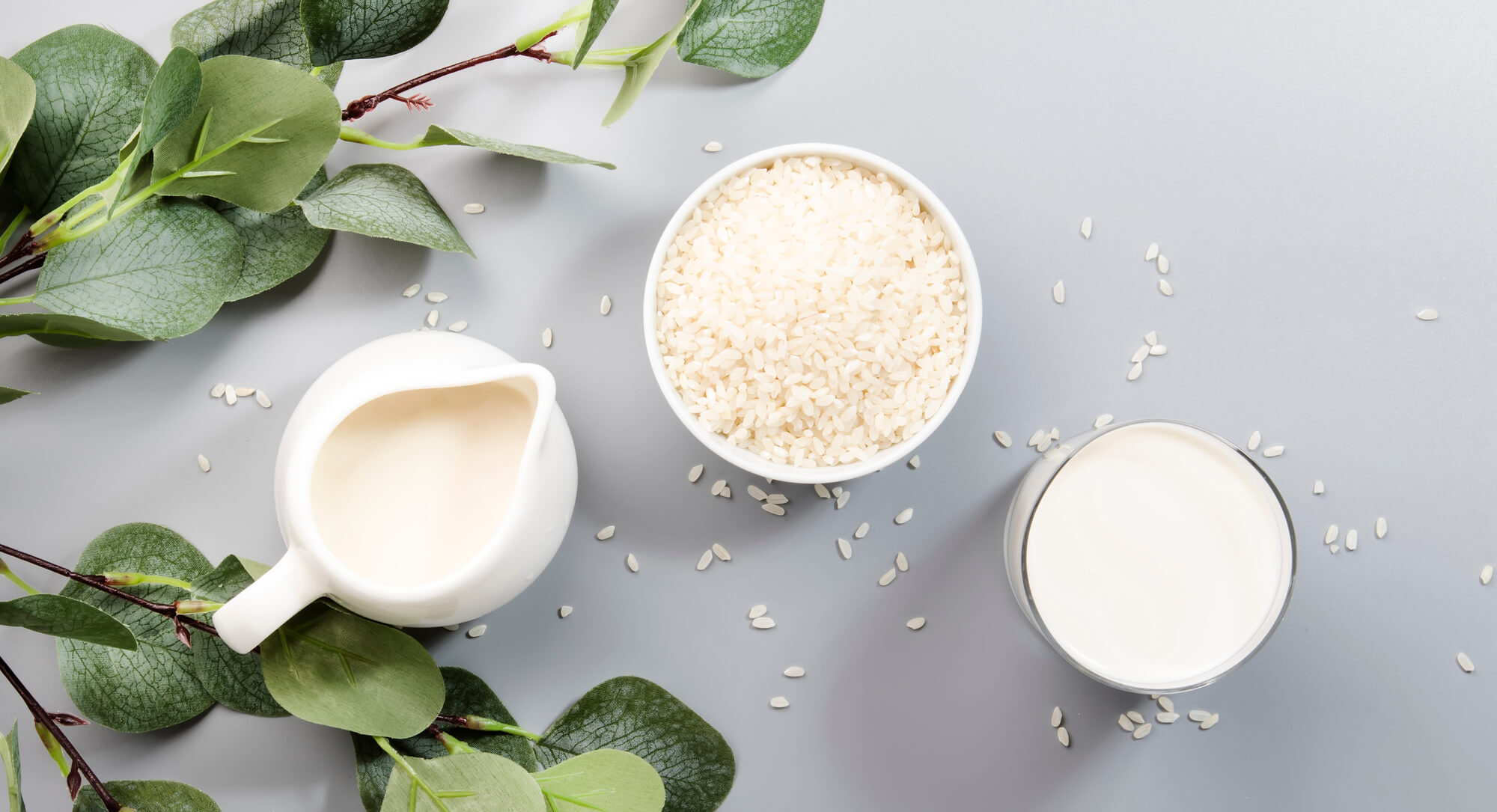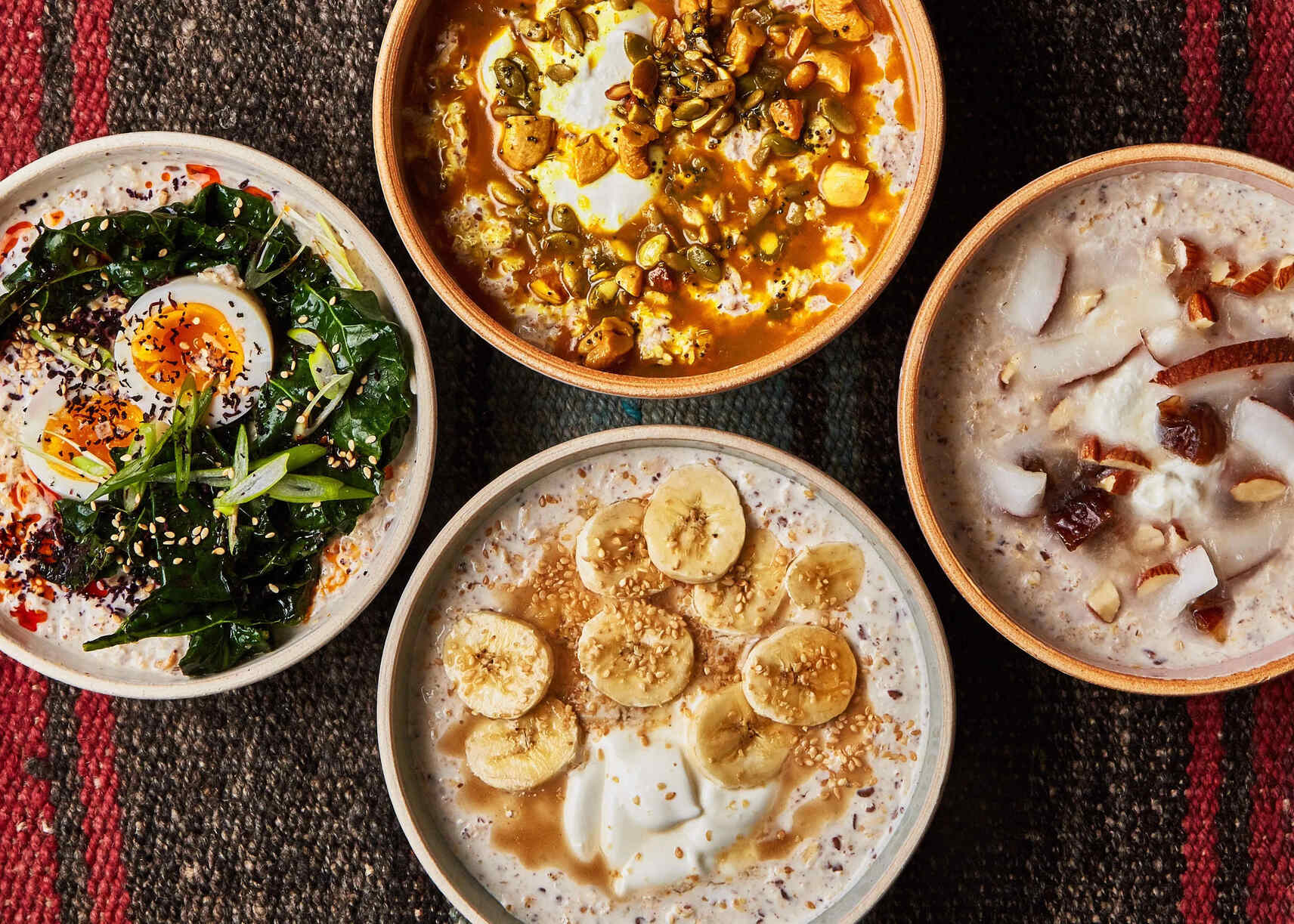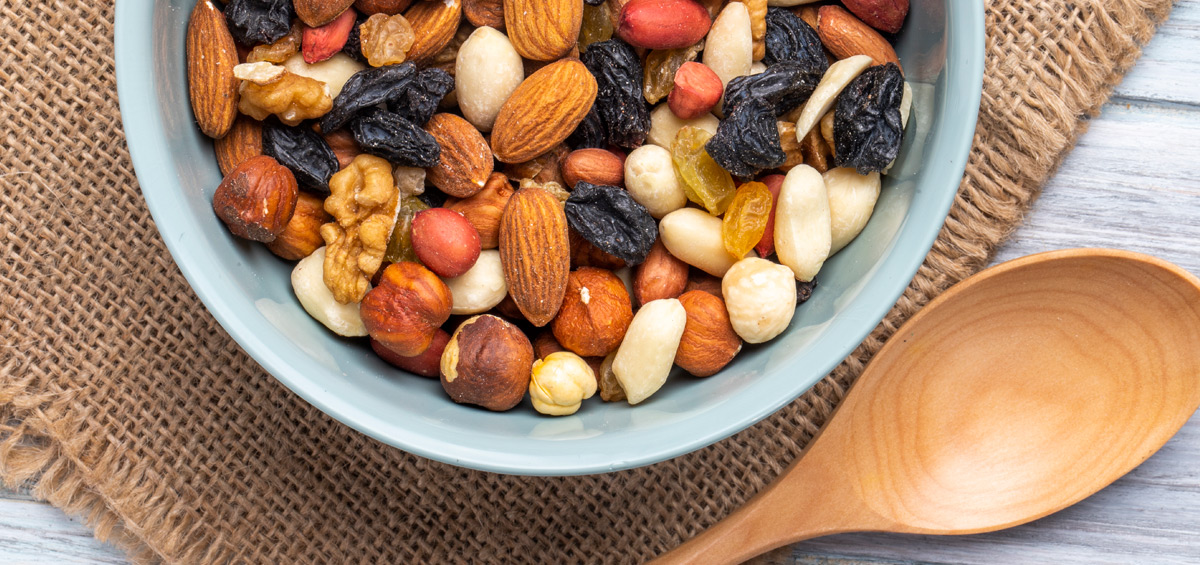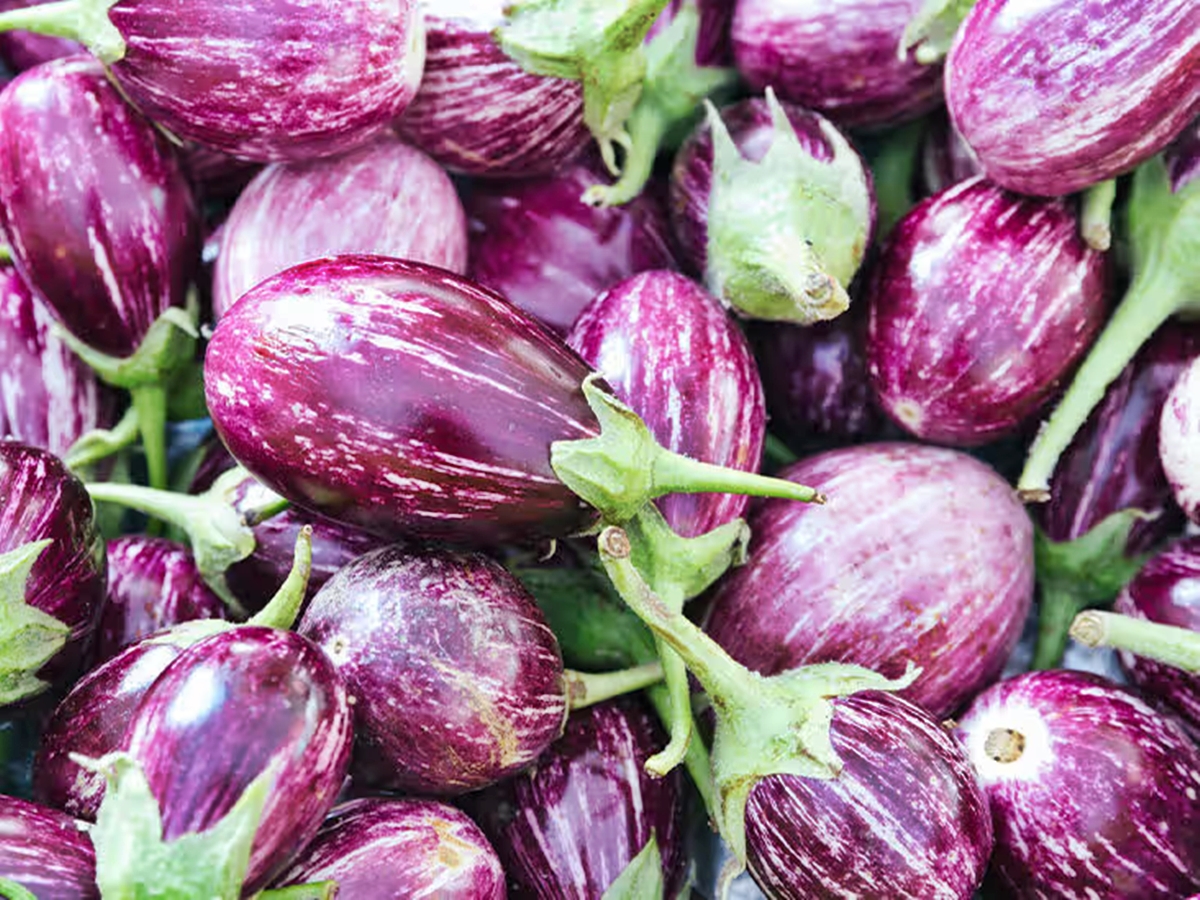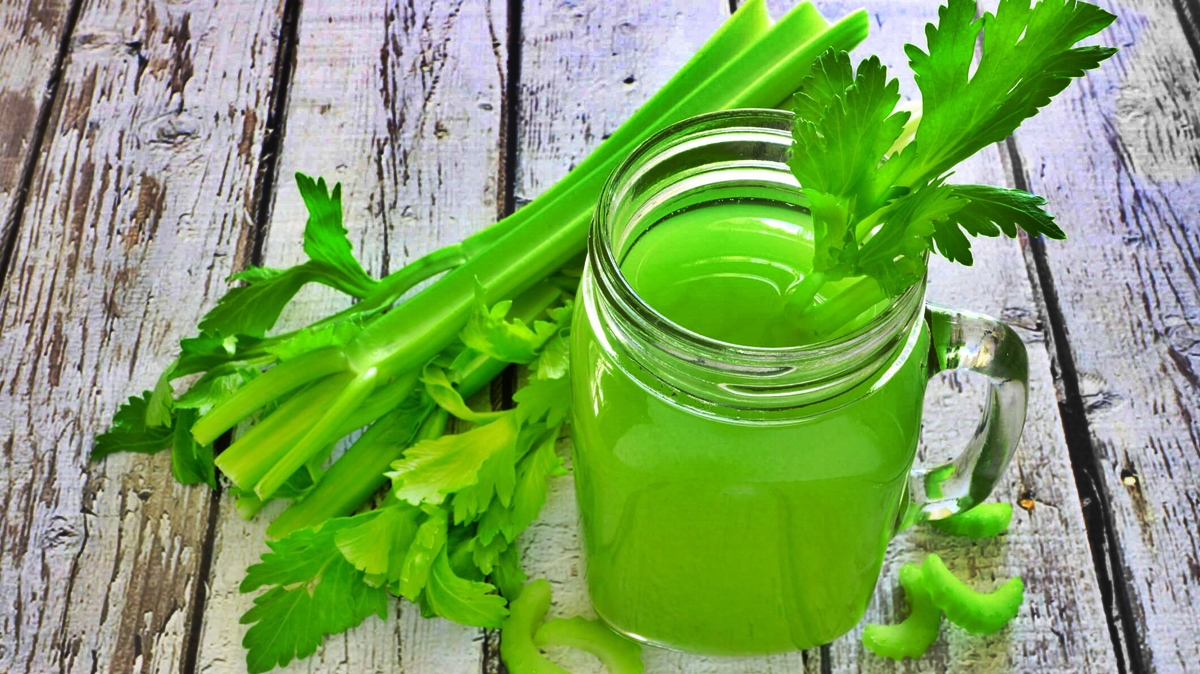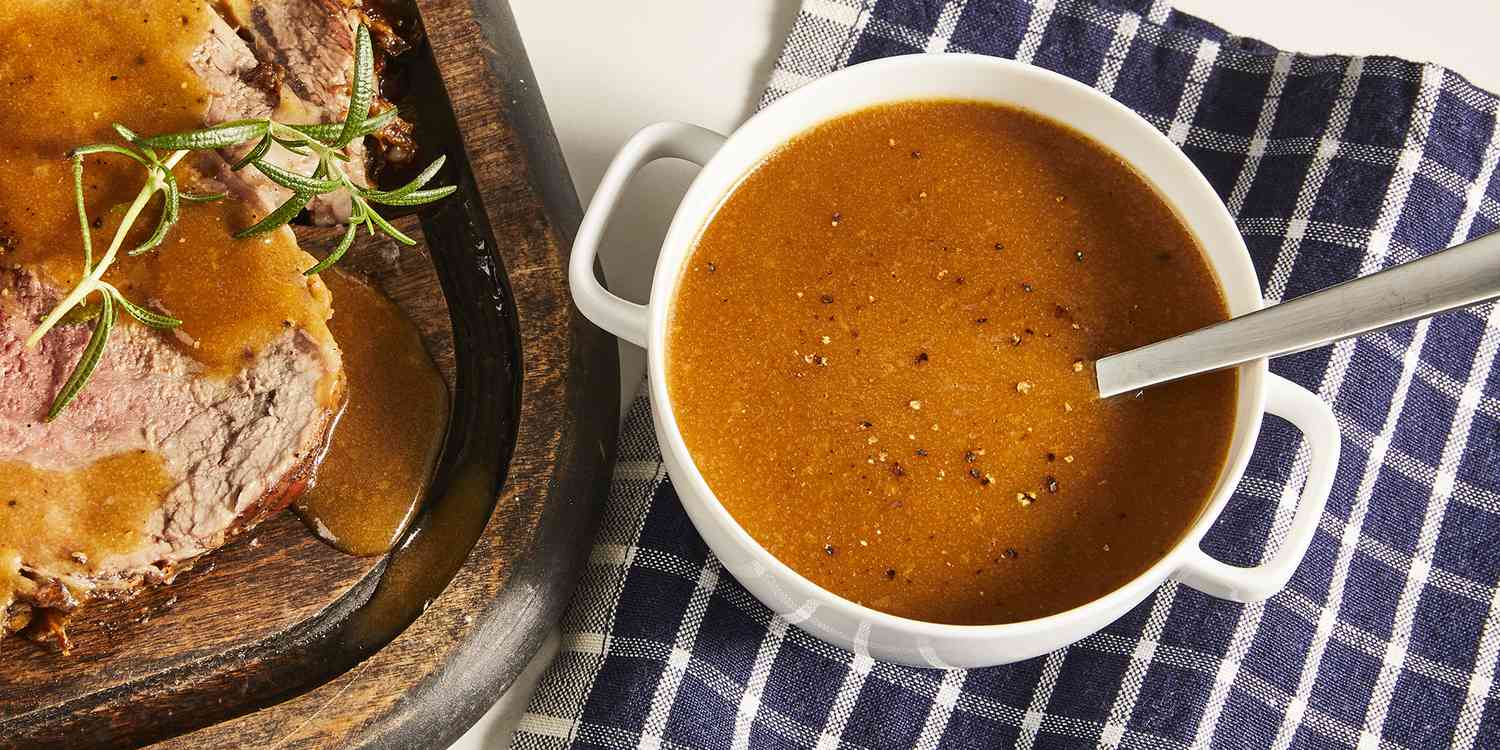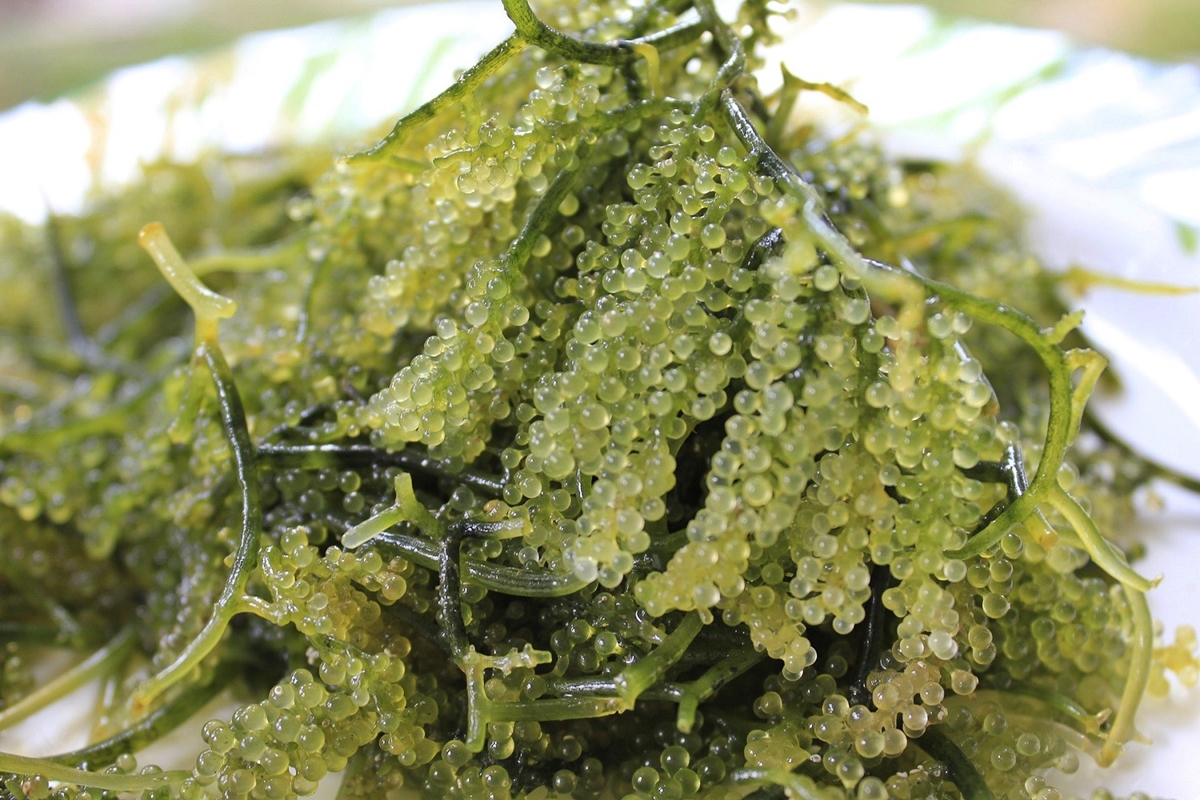Discover the Health Benefits of Couscous
If you’re looking to add a nutritious staple to your diet, look no further than couscous. This versatile grain-like food has been a staple in North African cuisine for centuries and is gaining popularity around the world for its numerous health benefits. Whether you’re a food enthusiast or someone who wants to improve their overall well-being, couscous should definitely be on your radar.
So, what exactly makes couscous such a healthy choice? Let’s delve into the health benefits:
1. Nutrient-Rich:
Couscous is made from durum wheat, which is rich in essential nutrients like carbohydrates, fiber, and protein. It also contains vitamins and minerals such as vitamin B, magnesium, and selenium, making it a well-rounded addition to any balanced diet.
2. High in Fiber:
Fiber is an essential component of a healthy diet, and couscous is an excellent source of it. A single cup of cooked couscous contains approximately 6 grams of fiber, which helps promote healthy digestion, prevents constipation, and aids in weight management.
3. Low in Fat:
If you’re watching your fat intake, couscous is a great choice. It’s naturally low in fat, making it an excellent alternative to other grains that may have higher fat content. By incorporating couscous into your meals, you can enjoy a delicious and satisfying dish without worrying about excess fat.
4. Gluten-Free Options:
For individuals with gluten sensitivity or those following a gluten-free diet, couscous made from alternative grains like corn or rice is available. These gluten-free options provide the same health benefits as traditional couscous, ensuring everyone can enjoy this versatile food.
5. Quick and Easy to Prepare:
One of the great things about couscous is its convenience. It cooks quickly and requires minimal effort, making it a convenient addition to your weekly meal plan. Whether you’re preparing a delicious side dish or a main course, couscous can be ready in just a matter of minutes.
6. Versatile in Recipes:
Couscous is incredibly versatile in the kitchen, allowing you to get creative with your dishes. It can be used as a base for salads, mixed with vegetables and protein for a hearty main course, or even mixed into soups and stews. The possibilities are endless, making couscous a go-to ingredient for both novice and experienced cooks.
Now that you’re aware of the health benefits of couscous, it’s time to incorporate this nutritious grain into your diet. Whether you’re looking to improve your digestive health, maintain a healthy weight, or simply enjoy a delicious and satisfying meal, couscous is a fantastic choice. So, why not give it a try and experience the goodness of couscous for yourself?
Was this page helpful?
Read Next: The Health Benefits Of Kiwi Fruit


